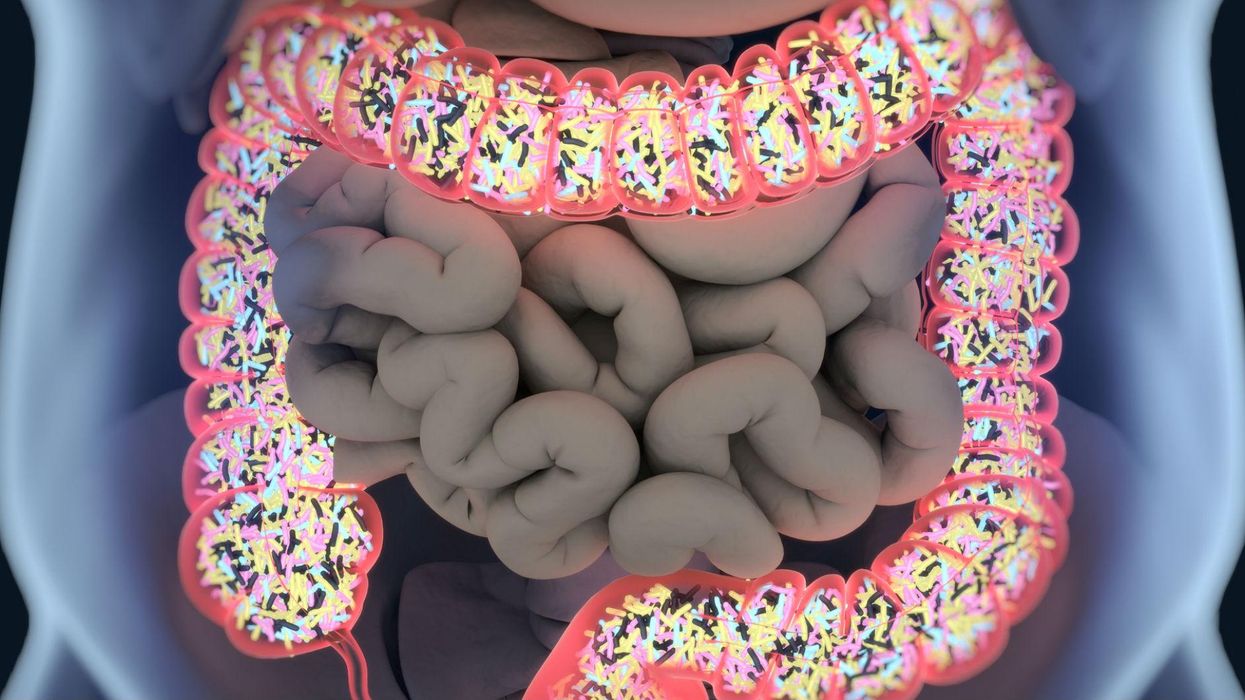
A small study has found a link between gut bacteria and obesity.
A new study published in the International Journal of Obesity, has found that gut bacteria may be connected to how much weight a person can lose under certain conditions.
It provides further evidence that a single diet plan will not help all people to lose weight.
Some 54 people with large weight circumference participated in the study by the University of Copenhagen.
Participants were assigned to one of two diets, which they followed for 26 weeks.
They found that one diet was the more effective of the two, but they also found that the bacteria in a participant's digestive system had an important role to play in determining how much weight they lost.
The researchers found that those with a higher ratio of Prevotella to Bacteroides had a larger loss of body fat than those with an equal amount of both.
Participants with a low ratio of Prevotella to Bacteroides did not lose any more weight on the more successful diet.
According to Medical News Today, around half the population has a higher Prevotella to Bacteroides ratio.
It showed that particular diet will only be effective for a certain proportion of the population, because of their gut bacteria.
First study author Professor Mads Fiil Hjorth explains:
The study shows that only about half of the population will lose weight if they eat in accordance with the Danish national dietary recommendations and eat more fruit, vegetables, fibers, and whole grains.
The other half of the population doesn't seem to gain any benefit in weight from this change of diet.
Hjorth's team recommend dieters find a bespoke diet, as opposed to one that is popular and appears to work for other people.
Finding out if your gut bacteria is the right kind for a certain diet, can be found through stool or blood samples.
Gut bacteria imbalances, can be changed through diet, so your level of Prevotella or Bacteroides is not a life sentence.
More: Men should ejaculate 21 times a month to protect against prostate cancer, study suggests













